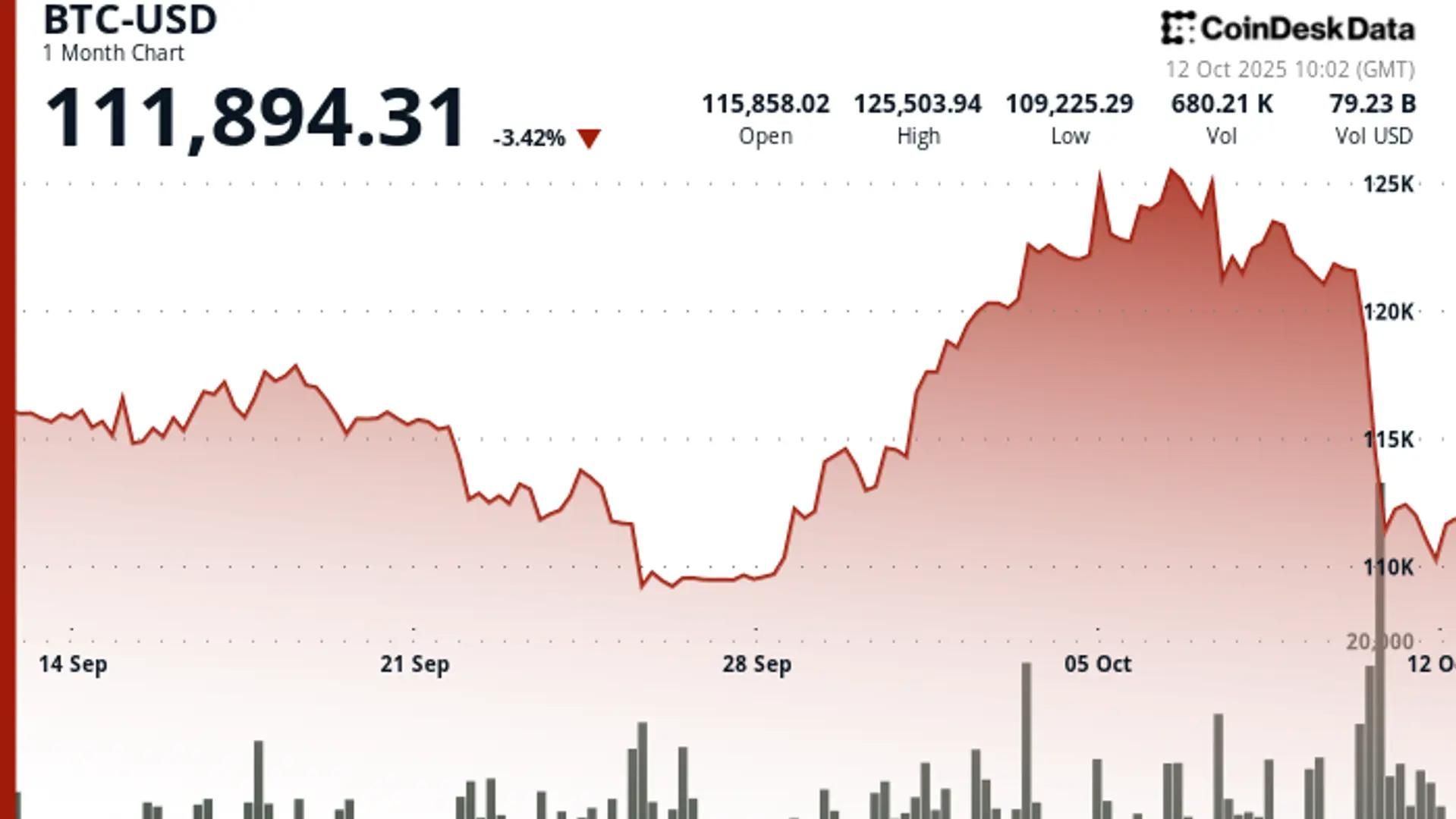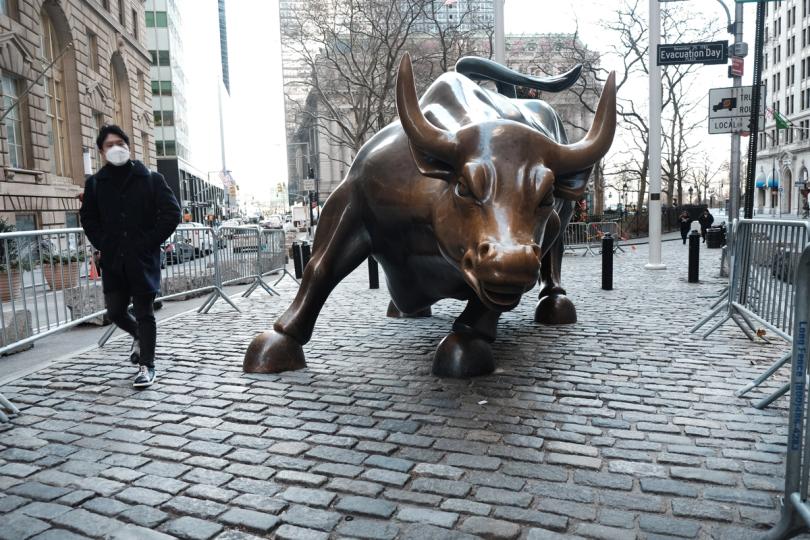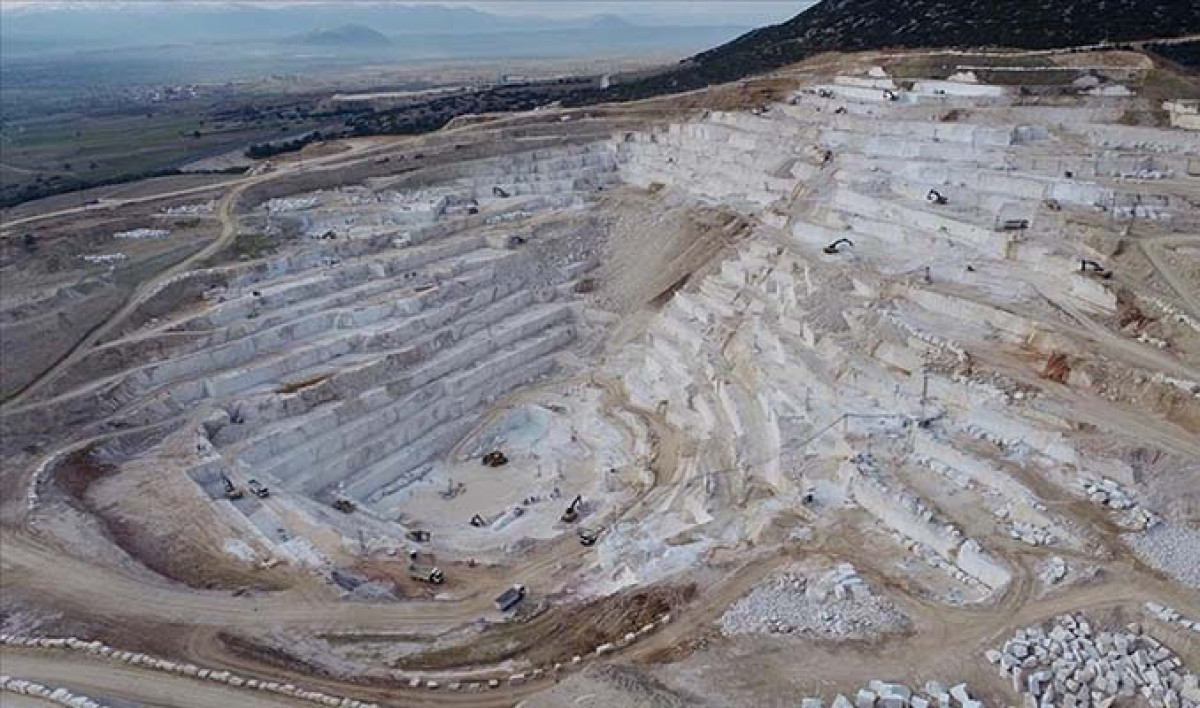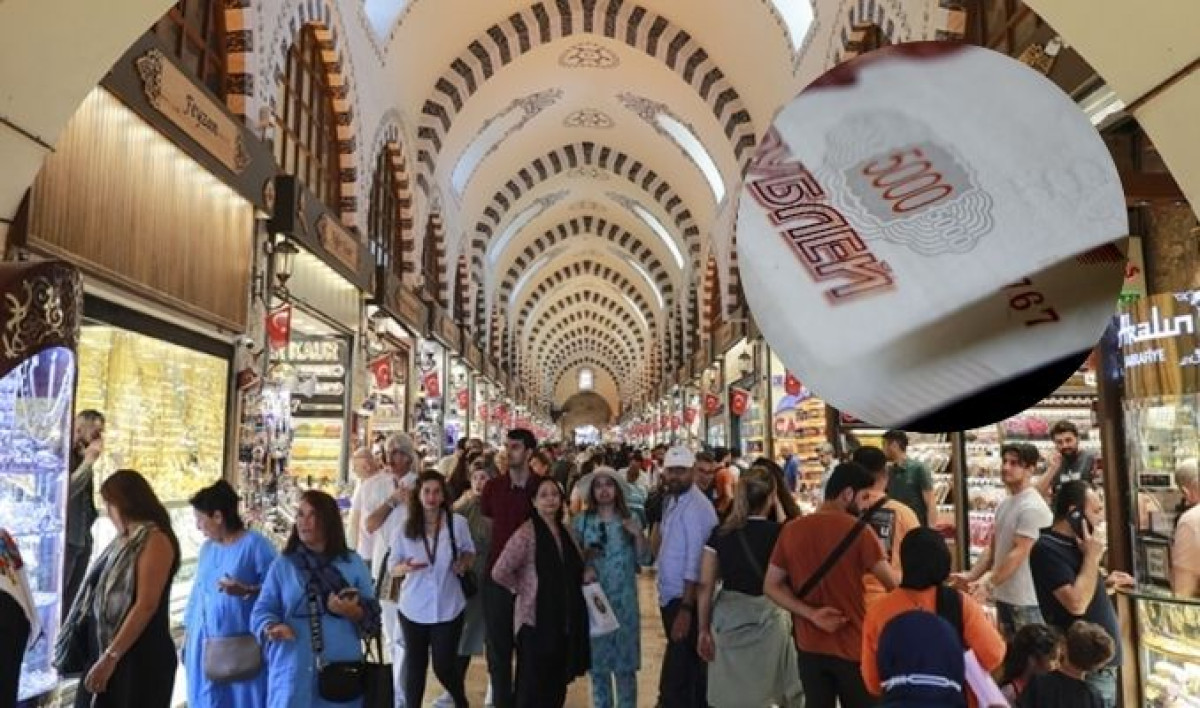Statement on China's Export Controls
The Chinese Ministry of Commerce (MOFCOM) stated that the new rare earth export controls implemented on October 9 are a legal national security measure and not prohibitive bans. The ministry announced that licenses will be granted for certain civilian trades.
Rare earth elements consist of 17 elements used in high-tech equipment such as electric vehicles (EVs) and wind turbines. China holds a global production rate of 70% and processing rate of 90% in this sector. Therefore, it was emphasized that changes in licensing could have ripple effects throughout the supply chain, even if mining or final production occurs elsewhere.
Development of the Export Control System
A MOFCOM spokesperson described the steps taken on October 9 as part of efforts to “develop” China’s export control system in accordance with domestic laws and non-proliferation obligations, alongside the General Administration of Customs. Highlighting the military significance of medium and heavy rare earths, it noted that partner countries were informed in advance.
The ministry stressed that the implementation would be based on licensing rather than prohibition. Applications for licenses will be evaluated, and those deemed appropriate will be approved, with Beijing “actively considering” facilitation measures, including special licenses and exemptions, to promote legitimate trade.
Response to Washington and Trade Wars
China referenced former President Donald Trump’s announcement on October 10 via Truth Social regarding a 100% additional tariff set to take effect on November 1, 2025, and potential U.S. export controls concerning “critical software.” The MOFCOM spokesperson described the U.S. stance as a “double standard,” drawing attention to the breadth of Washington’s control lists.
The ministry also emphasized that they do not want a trade war but are not afraid of one. It called for a return to consultation channels established to manage differences on a mutual basis.
Criticism of U.S. Port Fees
MOFCOM criticized the U.S. port fees that will be applied to certain China-associated ships starting October 14, expressing that these fees are unilateral and contrary to World Trade Organization (WTO) rules. The ministry announced that it will impose special port fees on U.S.-associated ships according to local regulations to protect the rights of Chinese companies and ensure fair competition in maritime transport.
Finally, the Bitcoin price has dropped by approximately 10% from its peak on October 9, falling to around 111,271 USD, according to CoinDesk data. The Crypto Fear and Greed Index indicates a level of 24, signaling “Extreme Fear” and reflecting weak market sentiment.
⚖️ Yasal Uyarı:Bu içerik yatırım tavsiyesi niteliği taşımaz. Yatırımlarınızla ilgili kararlarınızı kendi araştırmalarınız ve risk profilinize göre almanız önerilir.
China, rare earth elements, export restrictions, Donald Trump, Bitcoin, trade war




















.png)